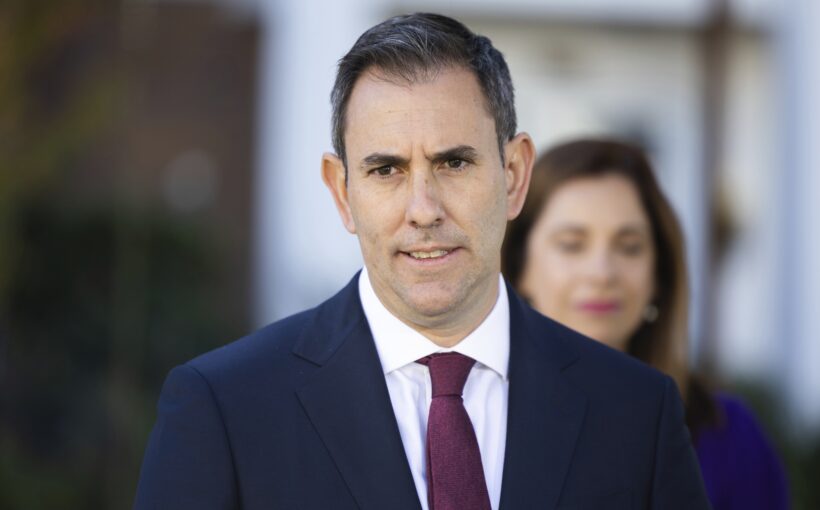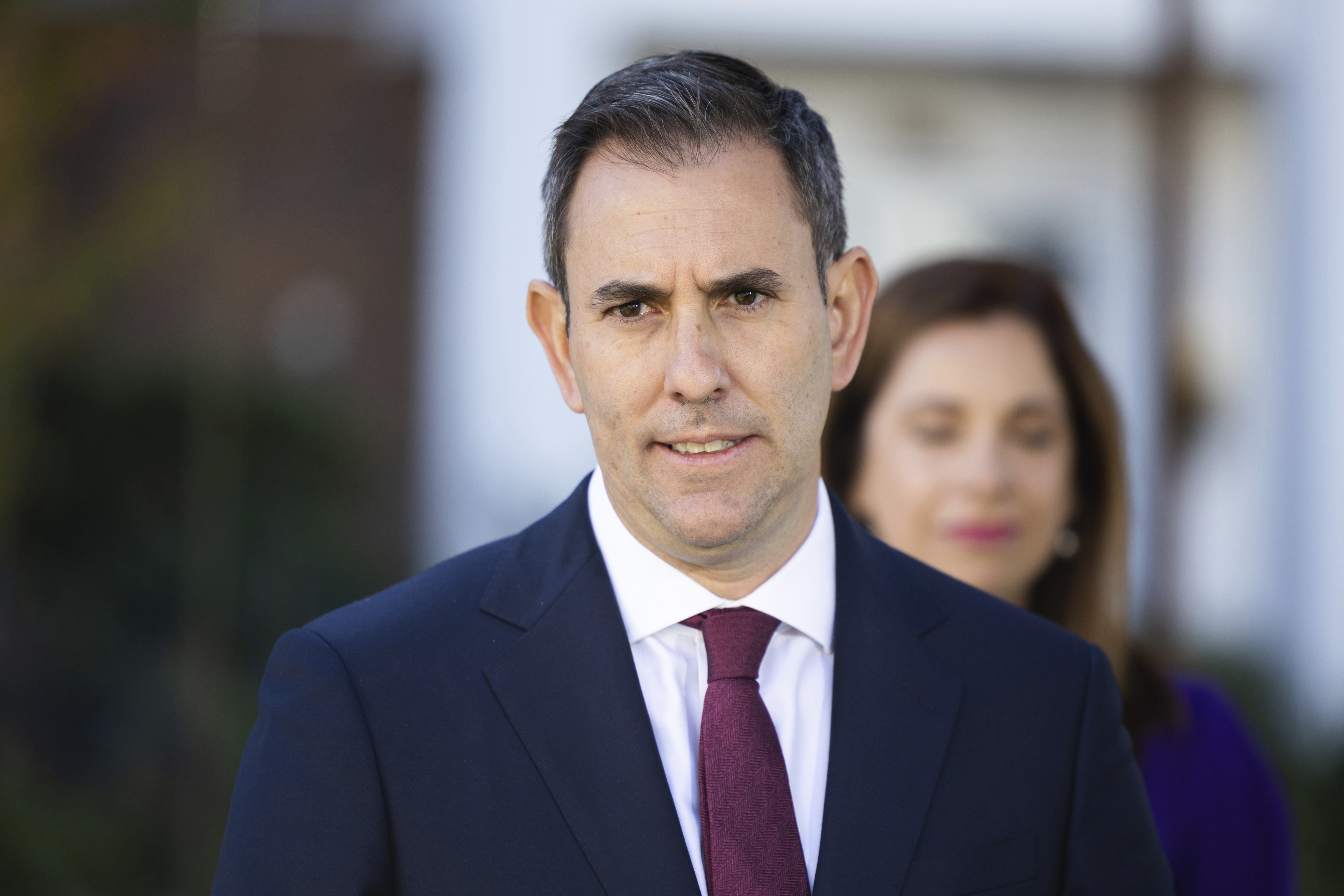Labor is expected to forecast the first federal budget surplus in 15 years, on the back of a significant surge in revenue driven by soaring iron ore, coal and gas prices.
The $4 billion surplus to be forecast in tonight's budget comes as Treasurer Jim Chalmers delivers what the government has referred to as a "substantial cost of living package" worth billions.
The expected return to the black is only temporary, with the bottom line forecast to return to deficit in years to come as revenue returns to more normal levels.
But even those shortfalls are smaller, with the budget showing an improvement of $143 billion over the next four years compared to the last budget the Coalition delivered before its election defeat.
The Morrison government had forecast a deficit of $78 billion for the upcoming fiscal year, which had already fallen to $44 billion in Chalmers' first budget, handed down in October.
Chalmers said his budget approach was about "spending restraint, substantial savings redirected to other priorities, and modest but meaningful tax changes".
"What's absolutely clear is that this outcome would never have been possible without our decision to return most of the upward revisions to revenue to the bottom line," the treasurer said.
"Debt and deficits would be bigger and the inflation challenge even more serious if we'd followed the path taken by our predecessors.
"Despite the substantial progress we've made, it will take more than one budget or one term to clean up the mess we inherited."
The surplus has been achieved by banking roughly four in every five dollars of increased revenue this year, rising to 87 per cent across Labor's first two budgets.
That comes in part thanks to $40 billion in saved or redirected spending across the two budgets, $17.8 billion of that coming this year.
Tonight's budget will include a $14.6 billion cost of living relief package, which includes extending the single parent benefit payment until children turn 14, helping at least 57,000 mostly female parents at a cost of $1.9 billion over two years.
A federal government taskforce last year recommended the age be set at 16, which was the limit before the Howard and then Gillard governments cut it back to eight.
There's also $1.5 billion in one-off power bill relief payment to more than six million households and businesses.
While the precise details are unclear, the government has also flagged possible changes to JobSeeker payments, which its own welfare advisory panel in April found was "seriously inadequate".
The Economic Inclusion Advisory Committee recommended the payment be increased from a starting rate of about $50 a day to $68 a day
The government has instead foreshadowed an unspecified increase only for those recipients 55 and older.
There are also changes to superannuation, home-buying assistance and several other measures.
Sign up here to receive our daily newsletters and breaking news alerts, sent straight to your inbox.





